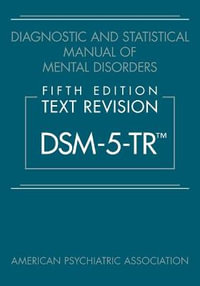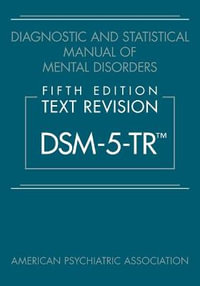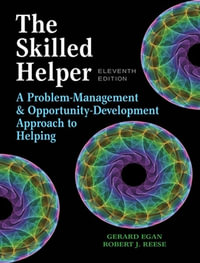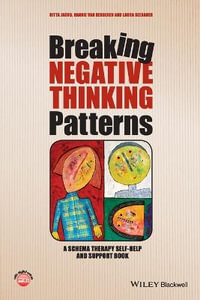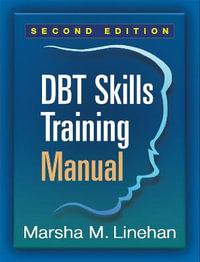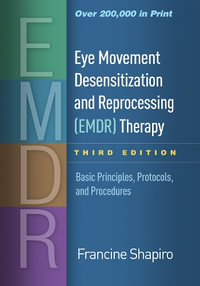"A superb, readable guide to theory and practice. MI has fundamentally changed the way we think about working with less motivated clients, especially in today's health care climate, with its emphasis on evidence-based brief treatments. The four-part framework introduced in this edition greatly simplifies the way that MI is delivered. Miller and Rollnick do a superb job of breaking down a complex process. At each step, readers see exactly why the provider is choosing certain questions or statements over others."--Scott T. Walters, PhD, Professor and Chair, Department of Health Behavior and Health Systems, University of North Texas Health Science Center; member, Motivational Interviewing Network of Trainers (MINT)
"This book builds on the prior editions, but the result is substantially different, because it incorporates so many new concepts, skills, research findings, and practical applications. Written in a user-friendly manner, with many sample dialogues, this is an immensely useful resource. It is a 'must have' for anyone who is learning MI or utilizing the approach in clinical practice, from students to seasoned professionals."--Melinda Hohman, PhD, School of Social Work, San Diego State University; member, Motivational Interviewing Network of Trainers (MINT)
"The most complete explication of MI to date. Building on the explosion of MI research in the past decade, most of the material in this third edition is new, including compelling advances in understanding how MI influences the process of personal change. This book is destined to have an enormous impact on the field. It is a 'must-adopt' text for courses in psychology, counseling, social work, mental health, addictions, and health care more broadly."--Timothy J. O'Farrell, PhD, Department of Psychiatry, Harvard Medical School
"We have used Motivational Interviewing in our program for several years. It prepares students to work effectively with ambivalent and court-ordered clients using methods that are evidence based and appropriate for our profession. Students really appreciate learning this technique; they've commented that even though they thought they already knew how to interview, Miller and Rollnick present a very different and meaningful approach."--Patricia M. Henry, LMSW, Department of Social Work, California State University, Bakersfield (on the second edition)
"Motivational Interviewing is one of the few texts that I can assign to my MSW students year after year for my Clinical Practice course and know they will love it as much as I do. Some of my students have 20 years of social service experience and some are fresh out of their BSW programs, but all find something practical, insightful, and useful in the text. No other text does a better job of helping people understand how to work with ambivalence in clients. I love how I don't have to spend time in class coming up with examples that bring the concepts down to earth--the book is filled with believable, instructive case studies and sample dialogues. Students can learn the concepts by reading the text as homework, which gives us time in class to practice and role-play the techniques. This is one of the few books I assign that my MSW students keep after graduation."--Jonathan B. Singer, PhD, LCSW, School of Social Work, Temple University (on the second edition)
"Miller and Rollnick afford practitioners conceptual and practical tools to improve therapeutic outcomes. In my Counseling Challenging Adolescents course, I have found that this text strengthens graduate students' clinical repertoires on multiple levels, while allowing them to continue to explore the broad array of theoretical perspectives that hold personal appeal for them. Very few of my students sell back this book at the end of the term!"--Kurt L. Kraus, EdD, Department of Counseling and College Student Personnel, Shippensburg University of Pennsylvania (on the second edition)
"MI is a core clinical skill that is crucial for psychologists, social workers, counselors, or anybody who hopes to help people discover their own intrinsic motivation to change. This book not only explains what MI is, but also explains the research and theory that support it in a clear and accessible way. I have had more positive feedback from students regarding this book than any other text I've used, and it is wonderful to watch the light go on in their eyes as they gain understanding about behavior change and how MI works. I could not imagine a course in addiction science without MI!"--Monica C. Skewes, PhD, Department of Psychology and Center for Alaska Native Health Research, University of Alaska Fairbanks (on the second edition)
-






